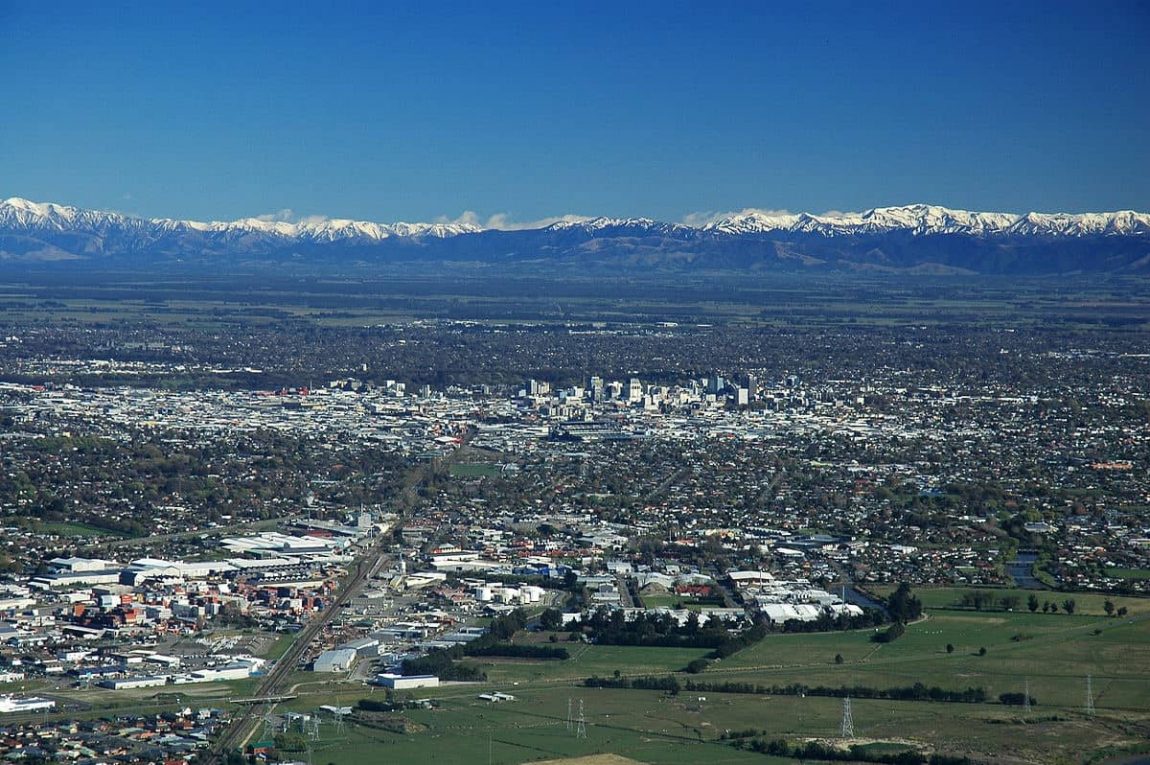Key Takeaways
- The Christchurch mosque shootings were a terrorist attack that occurred on March 15, 2019, in Christchurch, New Zealand.
- The perpetrator, Brenton Tarrant, targeted Muslim worshippers at the Al Noor Mosque and the Linwood Islamic Centre, resulting in 51 deaths and 40 injuries.
- Tarrant was motivated by far-right extremism, white supremacy, and anti-immigration sentiments.
- This attack was notable for being live-streamed on Facebook, making it the first successful live-streamed far-right terror attack.
- Tarrant pleaded guilty and was sentenced to life imprisonment without the possibility of parole, a first in New Zealand's history.
- The attack led to significant global discussions on white supremacy, gun control, and the role of social media in spreading extremist content.
Christchurch Mosque Shootings: An In-Depth Analysis
The Tragedy Unfolds
On March 15, 2019, New Zealand faced one of its darkest days when Brenton Harrison Tarrant committed a heinous act of terrorism. Targeting the Al Noor Mosque and the Linwood Islamic Centre in Christchurch, Tarrant executed a meticulously planned attack during Friday prayer. The tragedy left 51 innocent people dead and 40 others injured, marking it as the deadliest shooting in modern New Zealand history.
Motivations of a Mass Murderer
Tarrant's motives were steeped in a toxic mix of far-right extremism, anti-immigration views, ecofascism, and white supremacist ideology. He believed in the white genocide and Great Replacement conspiracy theories, which fueled his actions. His past, marked by personal traumas and an inclination towards radical right-wing forums, shaped his extremist views.
A Disturbing Trend in Global Extremism
The Christchurch attack did not occur in isolation. It was part of a worrying global rise in white supremacy and alt-right extremism. This incident, unfortunately, inspired other copycat attacks, spreading what is known as the "Tarrant effect." The live-streamed nature of the attack, a grotesque misuse of social media, added a new dimension to the spread of extremist ideologies.
New Zealand's Response: A Nation Mourns and Reforms
The attack led to profound national introspection in New Zealand. Prime Minister Jacinda Ardern's leadership and empathetic response were widely lauded. The government swiftly moved to change gun laws, banning semi-automatic weapons, and initiated a buy-back scheme. A Royal Commission of Inquiry was established to investigate the attacks and recommend changes to prevent such incidents in the future.
The Role of Online Platforms
Tarrant's use of social media to broadcast his crimes highlighted the need for stricter monitoring of online content. Platforms like Facebook were criticized for not acting swiftly enough to remove the live-streamed video, which was viewed and shared multiple times.
A Ripple Effect Across the Globe
The Christchurch shootings had a global impact, leading to discussions about gun control, the rise of right-wing terrorism, and the responsibility of social media platforms in curbing hate speech. It also inspired the United Nations to designate March 15 as the International Day to Combat Islamophobia, underscoring the need for global unity against hatred and extremism.
The Christchurch mosque shootings remain a stark reminder of the destructive power of hate and extremism. It is a call to action for governments, societies, and individuals worldwide to stand united against such ideologies and to foster a world where diversity is celebrated and protected.





